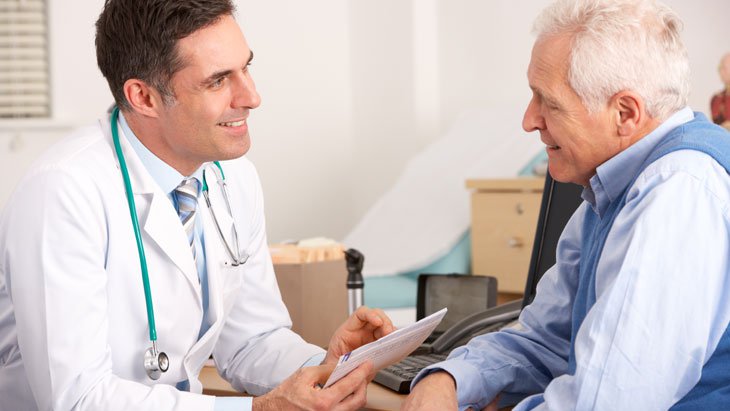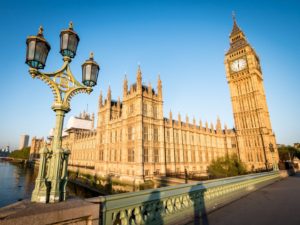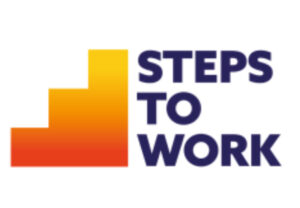WOULD YOUR HEALTH CONDITION BENEFIT FROM A MEDICAL ID?

As a nation we have a tendency to downplay our medical conditions and often don’t see them as an obstacle until an emergency strikes. We may not realise how high-risk our condition is, meaning it’s important to take small steps towards protecting our health and preventing the worst from happening.
The really good news is that there is something really simple you can do, no matter what your medical needs are. Wearing a medical ID will provide you with the peace of mind, knowing your vital information is available to those looking after you, should you have an emergency or accident. Your loved ones will also find this reassuring, knowing your details are available if they’re not with you.
Choosing a medical ID which is backed up by a full medical record provides even more reassurance by making all your information available when it’s needed most. This may include contact details for doctors and hospitals, as well as loved ones, along with any relevant documents.
So, which health conditions could benefit from a medical ID? Dr Masha Finn, Emergency Medicine Consultant and Charity Trustee at medical ID charity, MedicAlert, offers her insight on some of the top underlying medical issues where it pays to be prepared.
Heart conditions
If you live with a heart condition, you may take a complex prescription of medications, such as anticoagulants, antiplatelets, antiarrhythmics or beta-blockers. Many of these put you at risk if they’re taken with a variety of other standard medication, such as aspirin or certain antibiotics. This is essential information which emergency service staff would need to know about. Wearing a medical ID would mean that first responders can act fast when they get to the scene and ensure they are not giving you any conflicting medications.
Allergies
Most of us suffer from one allergy or another, and hospital admissions for severe allergic reactions have risen by 615% in just 20 years across Europe[1], making it more essential than ever to prepare in case the worst does happen. A medical ID supports those with allergies and at risk of anaphylaxis in two key ways:
Ensuring allergy sufferers receive urgent treatment from first responders, a passerby or loved ones. Highlighting that you carry medication, such as an EpiPen, enables those caring for you to administer life-saving treatment.
Highlighting any medication allergies you may have during an emergency or whilst receiving medical care, for example, to latex or drugs such as penicillin or muscle relaxants (used during anaesthesia). These are often allergies we may easily forget about, as they don’t affect everyday life, but can be life-threatening in the wrong situation. It’s not worth taking the risk when there are ways to be prepared.
Diabetes
Over 4.7million people in the UK have diabetes[2], which means emergency situations are more common than you may think. These include diabetic ketoacidosis and hypoglycaemia, which can lead to a variety of symptoms including diabetic coma, confusion, clumsiness, fainting, seizures as well as damage to other organs. Most concerningly, these situations can often be confused by others as someone being drunk due to their symptoms, meaning they will not get the treatment they urgently need, however a medical ID can help identify a diabetic episode when they strike.
Dementia
Often a carer’s biggest fear is a loved one with Dementia or Alzheimers finding themselves in distress and them not being there to help, but even the most dedicated carer can’t be with them all the time. A medical ID provides peace of mind, that even if they aren’t there when an emergency occurs, their loved ones medical information can be easily identified.
Due to the nature of the condition, sadly, 6 in 10 people with dementia will wander off[3] or forget where they were going and become lost. Medical IDs, such as those available from MedicAlert, provide access to the individual’s emergency contacts as well as their home address to help aid their safe return with much less delay, reducing distress for all parties and reducing the burden on emergency services.
Epilepsy
With 87 people diagnosed with epilepsy each day in the UK[4], purchasing a medical ID should be one of the first actions after confirming the condition. Epileptic seizures can affect people in different ways, although seizures can be scary and cause the individual to lose confidence and independence. Making quick decisions in an emergency and understanding someone’s condition can save lives and limit the chance of potential brain damage as a result of a seizure. Wearing a medical ID can help provide this much needed information, along with scanned documents such as comprehensive care plans to support ongoing care.
Rare Conditions
One of the biggest challenges of living with a rare condition, or a syndrome without a name, is that those caring for the individual in an emergency may not have much or any knowledge of the condition and how to treat it. You may find yourself carrying multiple documents everywhere you go, explaining your medical needs, in case you have an accident. By using a service, such as that provided by MedicAlert, you can store medical documents on your record, making them immediately available in an emergency anywhere in the world, giving you freedom to travel and be active.
Equally important is providing access to specialist consultant or care team contact information. This can be life-saving, enabling those caring for you to provide appropriate care and avoid potentially fatal errors, without delay.
MedicAlert provides a full medical ID service, backed up by Registered Nurse checks of all member records. They help to save lives by retaining and relaying members’ vital medical information to healthcare professionals, in an emergency. With the help of our medical ID jewellery, they provide peace of mind to members by giving people the chance to be prepared for an emergency and live their lives with confidence. As a charity, MedicAlert is also able to support those living with medical conditions but experiencing financial difficulties, thanks to the kind donations of their members and friends, bringing this life-saving service to those most in need.




